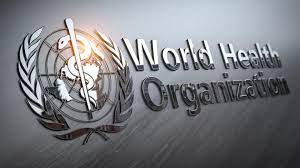
In a bid to help countries better prepare for and respond to health crises, the World Health Organization (WHO) has launched a new National Health Emergency Alert and Response Framework, a unified guide designed to improve coordination and speed during emergencies of any scale.
Developed with input from global experts and informed by real-world experiences, including the COVID-19 pandemic, the framework offers a consistent, evidence-based approach to emergency management. It aims to ensure rapid, coordinated, and multi-sectoral responses that minimize suffering and death during crises.
WHO noted that health emergencies are becoming increasingly complex and frequent due to factors such as climate change, urbanization, and global mobility. The new guidance consolidates key components of the Health Emergency Preparedness, Resilience and Response (HEPR) architecture, which integrates over 300 recommendations made after the pandemic.
Targeted at national and subnational authorities, the framework provides practical tools, including checklists, flowcharts, and reference materials, to streamline response operations. It also builds on the 7-1-7 performance model, which sets targets of seven days to detect an outbreak, one day to notify authorities, and seven days to complete early response actions.
According to WHO, the framework marks a major step toward strengthening national resilience and ensuring that countries are better equipped to handle future health emergencies swiftly and effectively.



